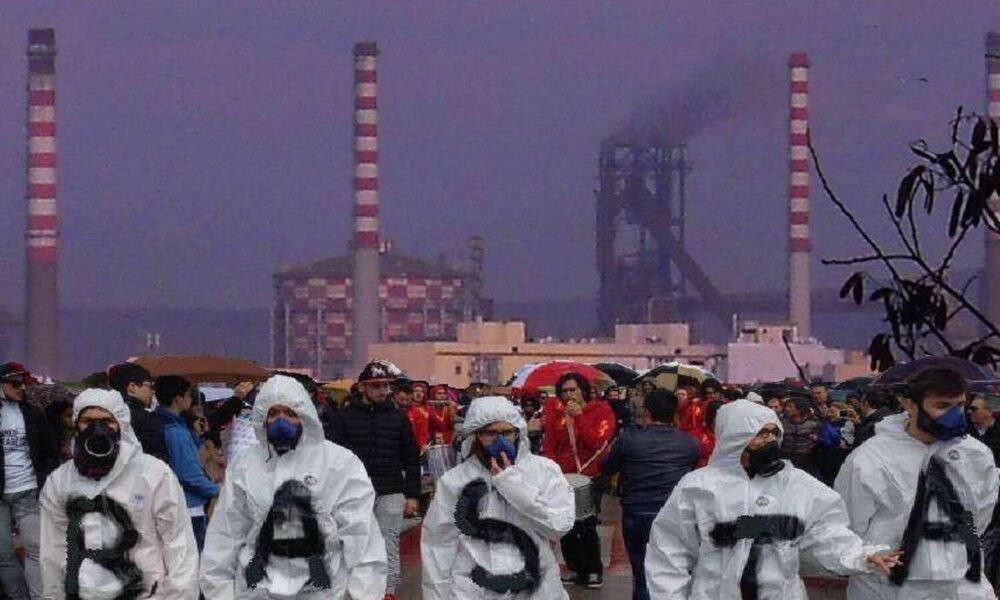Justice is not measured only in the correctness of the procedures, but in the ability to protect the weakest. The sentence of the European Court of Human Rights (Cedu) against Italy raises crucial questions about the effectiveness of judicial investigations and on the responsibility in the protection of human life
The European Court of Human Rights condemns Italy: ineffective investigation into the death of a worker from Ilva
The European Court of Human Rights (ECHR) has issued a sentence of condemnation against Italy for not having conducted an adequate investigation on the death of a worker of theIlvadeceased in 2010 due to a lung cancer. Family members attribute disease to prolonged exposure to toxic substances in the workplace.
In the appeal presented to the ECHR, the wife and son of the worker denounced the violation of the right to life from a procedural point of view. They contested the storage of the manufacturing procedure, underlining that the authorities had not taken into consideration a decisive report. This document showed the link between man’s pathology and exposure to harmful substances in the factory.
The authorities have not analyzed the evidence
Family members also highlighted that the decision to stop the investigation prevented identifying the managers of the security measures. According to them, the authorities did not analyze the evidence that could have identified those who should have guaranteed the protection of workers.
In the sentence, the ECHR remarked that national jurisprudence and the recognition of the professional origin of the disease would have had to push the authorities to have further investigations. The goal would have been to verify the causal link between exposure to toxic substances and death, as well as establishing any responsibilities for the failure to apply the safety rules.
A warning for a radical change in prevention policies
«This sentence must serve as a warning for a radical change in prevention policies – said Avv. Ezio Bonannipresident of theNational Asbestos Observatory -. In the application of the laws and in the attitude towards occupational diseases. It is time for the world to seriously make the commitment to protect its workers and to guarantee that cases like that of this worker do not remain without justice ».
“The investigation was not effective”
“It follows that the national courts have not made enough efforts to ascertain the truth and that the decision to store the investigation has not been adequately motivated”says the sentence. The Court therefore concluded that “The investigation was not effective”.
Justice equity tool
This story raises a profound reflection on the concept of justice as an equity tool. The application of the laws is not enough if it does not guarantee real protection of the most vulnerable. The sentence does not represent only a legal act, but an ethical warning, an invitation to recognize the value of human life beyond mere statistics. Justice must not be limited to form, but must take charge of real suffering, returning truth and dignity to the victims.
The Ona acknowledges the sentence
«The Ona takes note of the decision of the European Court and will intensify its action in a preventive key. In addition to obviously in favor of the victims. In all areas, even the community. By applying to Italy the profile of the European Court for Human Rights, whose jurisprudence and principles also have relevance for internal law “concluded Bonanni.
Source: ANSA

